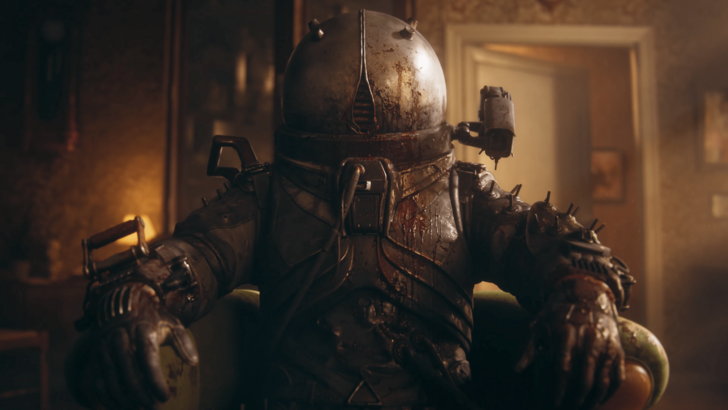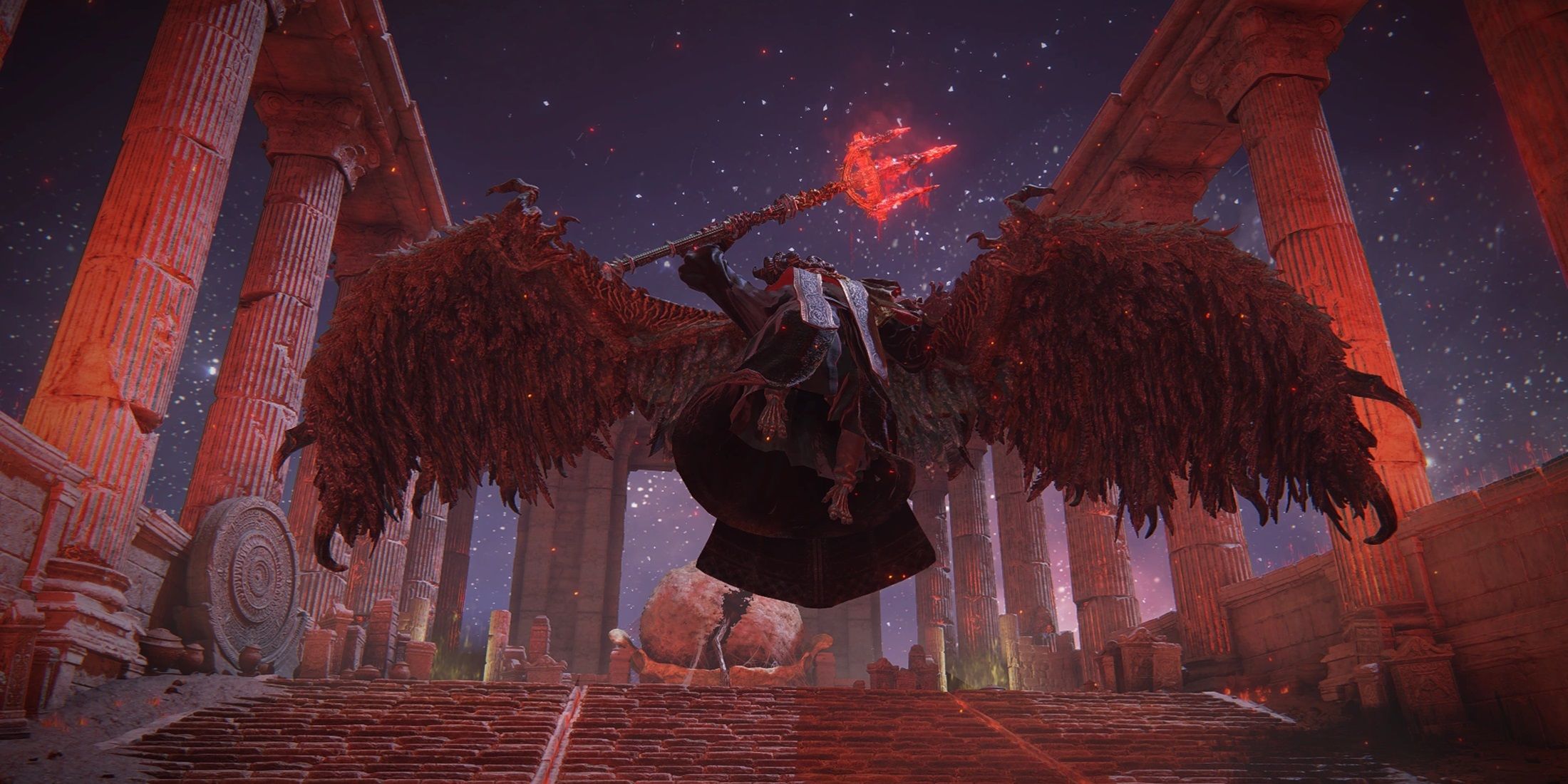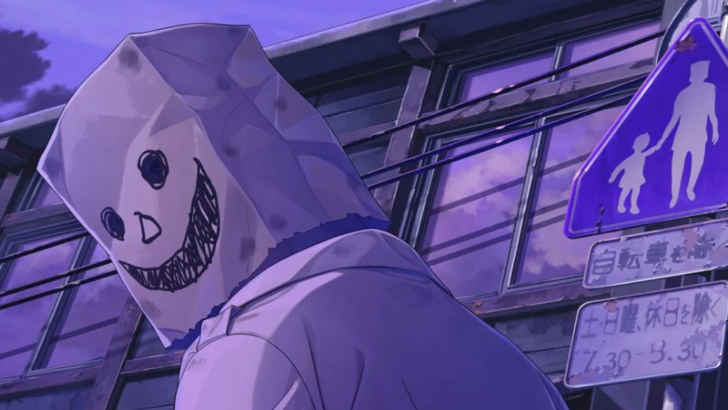
Emio, the Smiling Man Unveiled as Famicom Detective Club GameFamicom Detective Club Launches New Murder Mystery After Three Decades
The original Famicom Detective Club games, The Missing Heir and The Girl Who Stands Behind, were released in the late 1980s. They let players assume the role of a young man solving murder mysteries in the Japanese countryside. In this new entry, Emio – The Smiling Man: Famicom Detective Club, players will again become assistant detectives, this time at the Utsugi Detective Agency, tasked with solving a series of murders connected to a notorious serial killer known as Emio, the Smiling Man.
As announced by Nintendo on July 17, the game is set to launch worldwide on August 29, 2024 for the Nintendo Switch and marks the first new Famicom Detective Club story in 35 years. It was hinted at the previous week through a cryptic trailer that showed a mysterious man wearing a trenchcoat and a paper bag over his head that had a smiley face drawn on.
"In Emio – The Smiling Man: Famicom Detective Club, a student has been found dead in a chilling manner, his head covered with a paper bag with an eerie smiling face drawn on it," the latest installment's synopsis reads. "This unsettling image bears a striking resemblance to a recurring clue in a string of unsolved murders from 18 years ago, as well as Emio (the Smiling Man), a killer of urban legend who is said to grant his victims ‘a smile that will last forever.’"
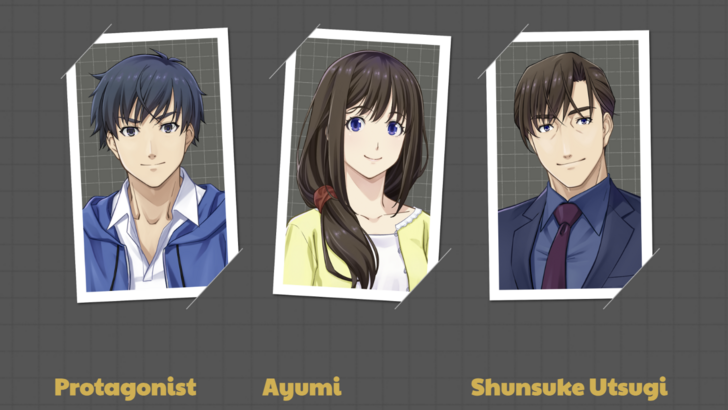
Working alongside you on the search for the truth behind Emio, the Smiling Man, is Ayumi Tachibana, a fellow assistant detective known for her exceptional interrogation skills. Ayumi is a recurring character in the series who was introduced in the first game. Leading your unit is Shunsuke Utsugi, the director of the detective agency, who has worked on the same unsolved murders eighteen years prior. Shunsuke appears in the second installment of the series and takes in the game’s orphaned protagonist as his assistant.
Fans Polarized Over Announcement
When Emio, the Smiling Man was cryptically teased by Nintendo, it quickly gained traction and interest among the gaming community as it was perceived as a distinctly different type of Nintendo game. As opposed to the company's signature wholesome games, this smiling man was shown to be anything but joyful.
While speculation grew over the announcement, one fan on Twitter (X) amazingly correctly predicted what the teaser was for. "Insane theory: Emio is actually the antagonist of a new, darker 3rd Famicom Detective Club game as a follow up [to] the remakes of the first two games on Switch," the fan wrote.
It seemed like a logical step, and they were right. While many fans of the Famicom Detective Club series celebrated the revival of their beloved murder mystery point-and-click game, others were less enthusiastic.
Some players have apparently disliked the newly announced installment, expressing their disinterest in a visual novel game on social media. One user humorously suggested that some Nintendo fans were disappointed and angry after discovering they had to read. Another player replied, pointing out that these fans "were probably hoping Emio would be a different [genre] like action horror or something."
Famicom Detective Club Explores Different Mystery Themes
The Famicom Detective Club series has been lauded for its captivating narratives and atmospheric storytelling. The original games, which were remastered for the Nintendo Switch in 2021, have had a lasting influence on fans. Inspired by the enthusiastic reception to these remasters, Sakamoto felt driven to create a brand-new installment in the series. "I knew we'd be able to make something excellent. So, I decided to do it," he stated in the video.
According to an old interview with Wired, Sakamoto drew inspiration from horror filmmaker, Dario Argento, whose masterful use of mood-setting music and quick cuts influenced Famicom Detective Club. The Girl Who Stands Behind was inspired by Argento's method of connecting music and visuals used in the murder mystery film Deep Red.
In the same interview, series composer Kenji Yamamoto recalled that he made The Girl Who Stands Behind's final scene as frightening as possible, as Sakamoto had directed him to. The composer employed a technique wherein the game's audio volume dramatically peaks in the game's final scenes, creating a kind of jump scare with the startling audio shift.
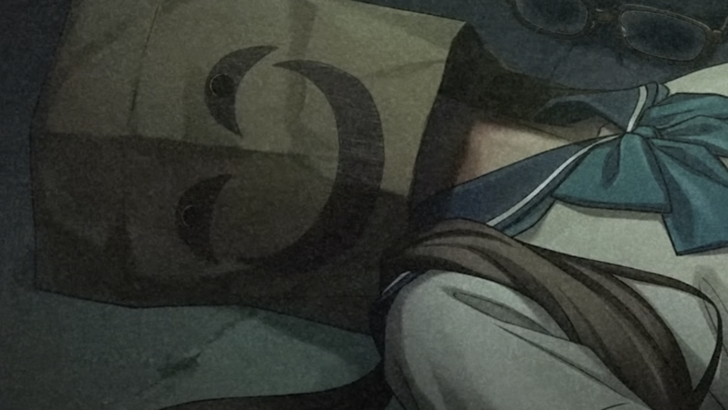
While The Smiling Man centers on the theme of urban legends—often eerie tales and rumors about mysterious and dangerous events—the prior installments in Nintendo’s Famicom Detective Club explored themes of superstitious beliefs and ghost stories.
In The Missing Heir, you investigate the mysterious demise of Kiku Ayashiro, a member of the affluent Ayashiro family that owns a vast plot of land, passed down through generations, in Myoujin village. The village has a foreboding saying that the deceased will return to kill anyone attempting to steal the Ayashiro family's wealth. You soon uncover a frightening connection between this saying and the serial killings in the game.
Meanwhile, as a promising detective in The Girl Who Stands Behind, you must find the perpetrator who took the life of an innocent girl, Yoko, and unsettled her high school community. It soon becomes clear that Yoko was deeply involved in investigating "The Tale of the Girl Who Stands Behind," a ghost story of a bloody specter that haunts the school.
A genuine product of intense brainstorming
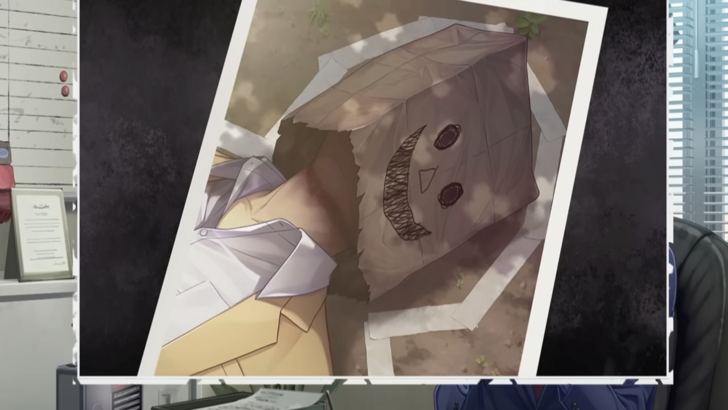
In multiple interviews, Sakamoto has discussed the unrestrained freedom they had devising ideas for the Famicom Detective Club series. He said that Nintendo provided only the title and let them lead the development. "Whatever it was you came up with, they wouldn't say anything," he stated in one interview.
At the time the first two Famicom Detective Club games were initially released in Japan, they received favorable reception from critics. Both Famicom games currently hold a 74/100 Metacritic rating based on critic reviews.
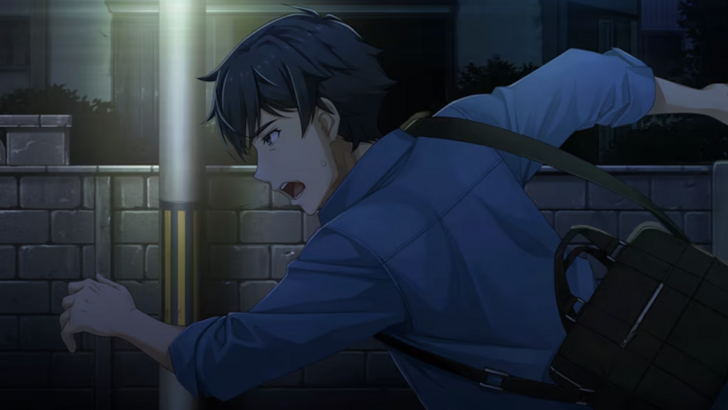
Furthermore, it seems that Emio — The Smiling Man will include a controversial ending that the series producer anticipates will be persistently debated among players "for a long time to come." The game’s script "strikes at the core of what I envisioned from the outset, so the story’s conclusion may be contentious for some people," Sakamoto said.

 Latest Downloads
Latest Downloads
 Downlaod
Downlaod




 Top News
Top News